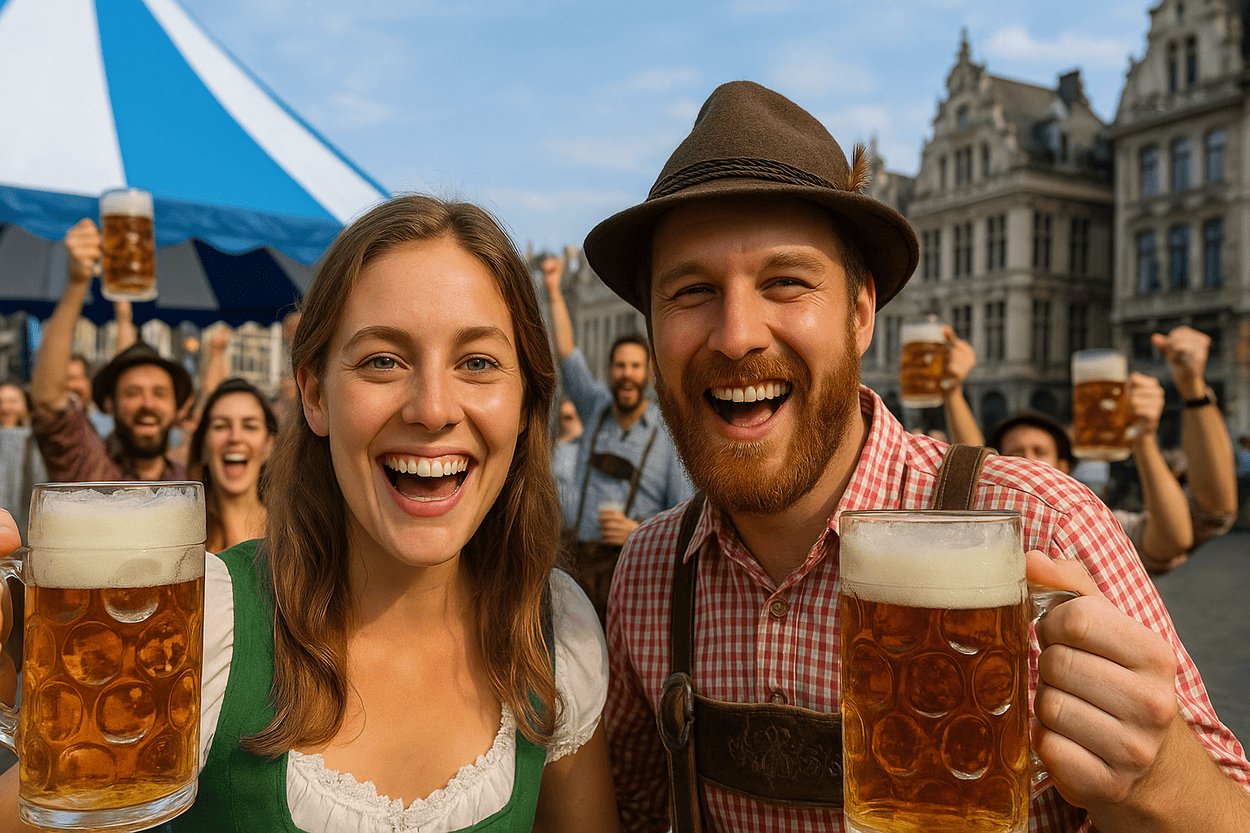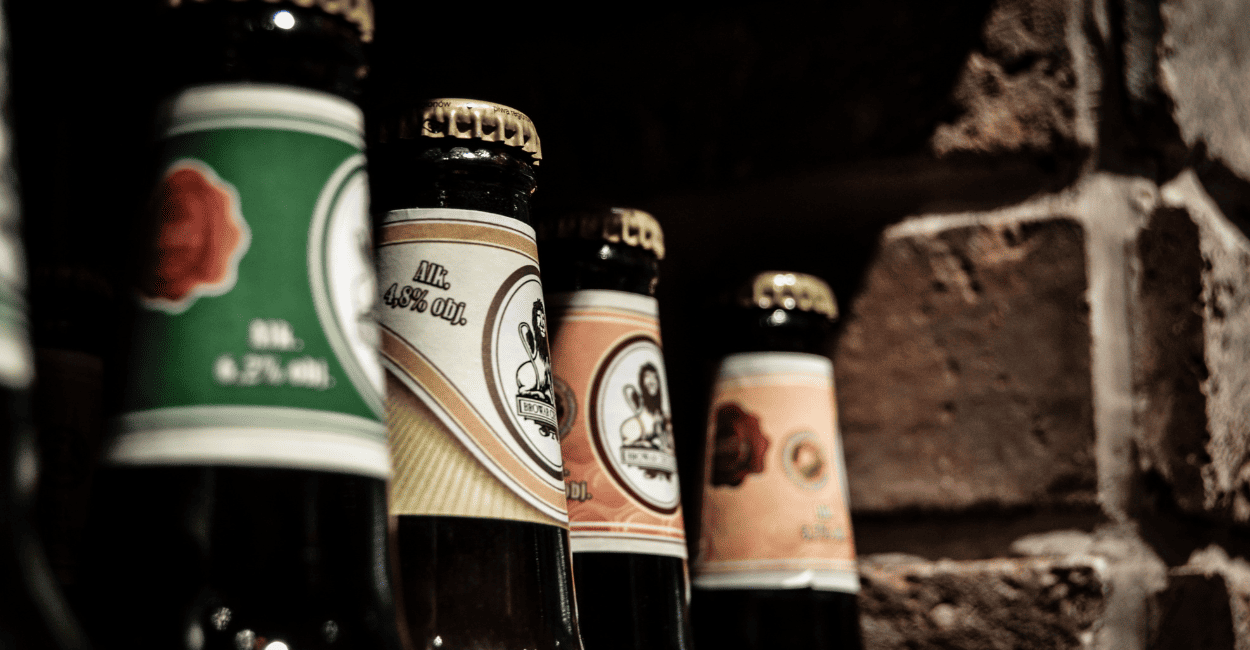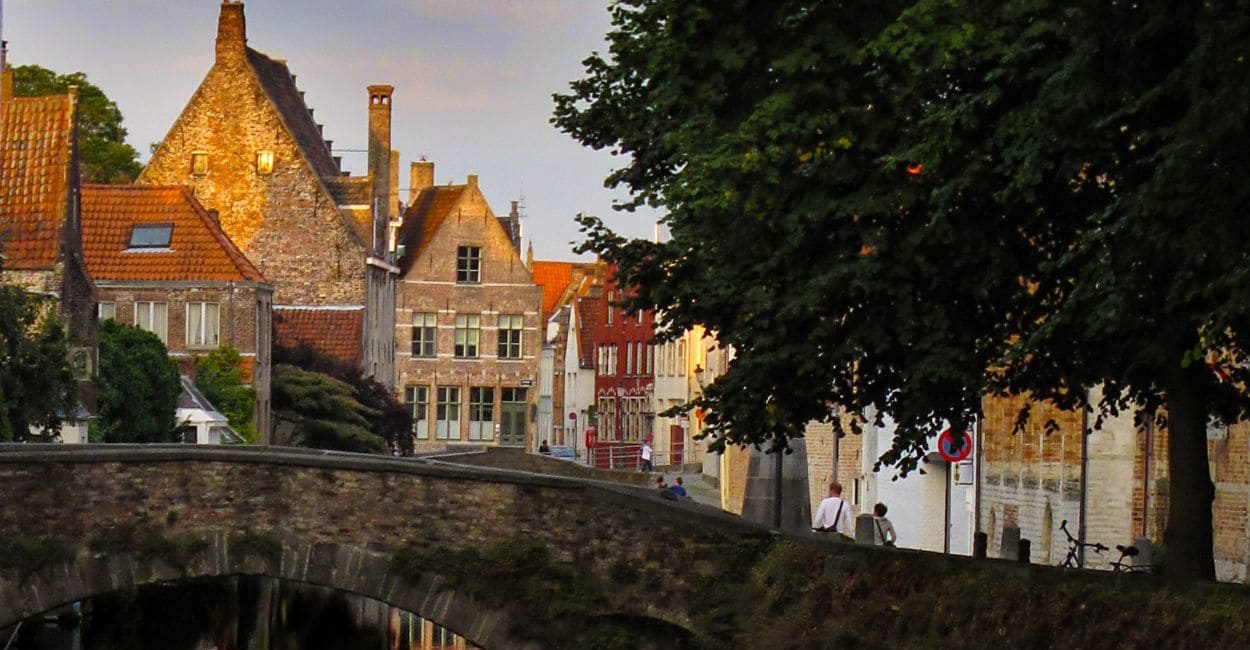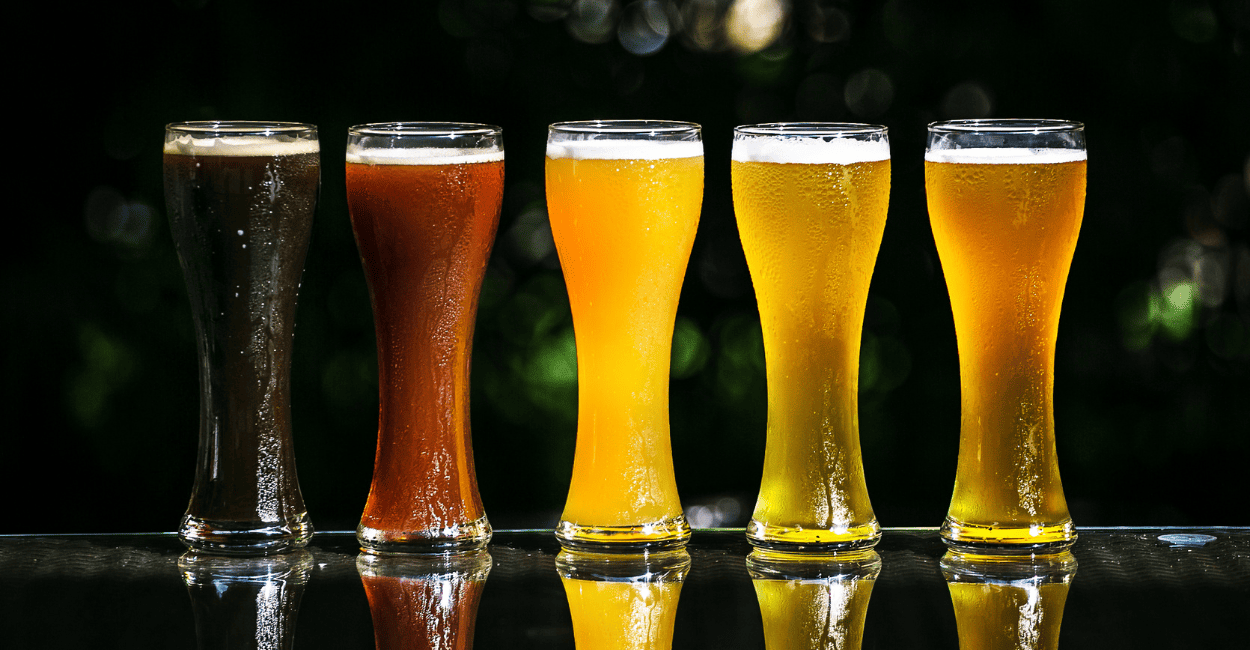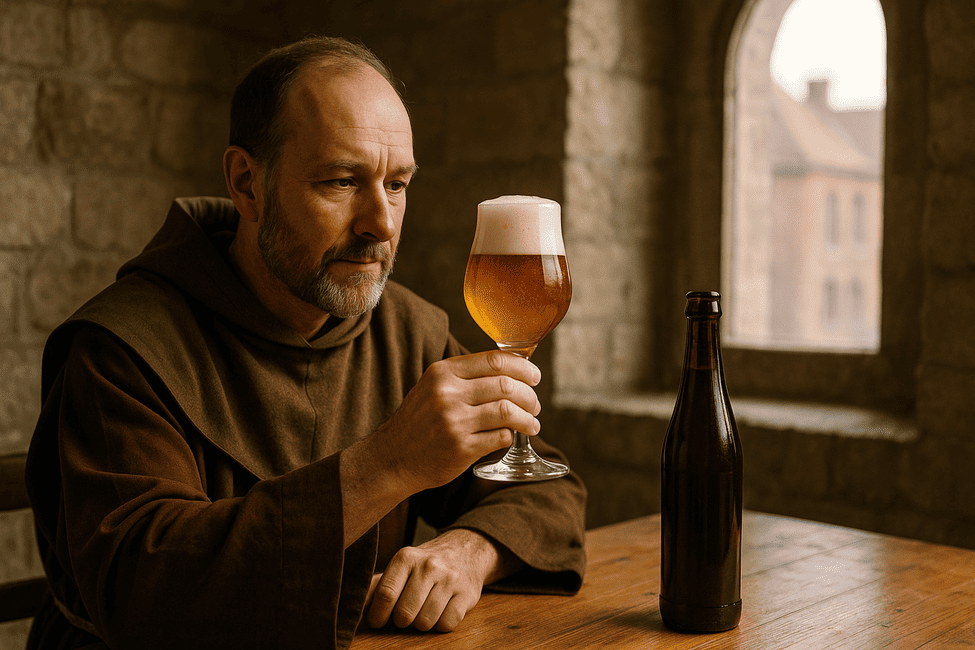Oktoberfest: What Is It? Discover the History and Tradition
Oktoberfest is one of the most famous festivals in the world, attracting millions of visitors every year. But what exactly is Oktoberfest? It’s a traditional German celebration known for its music, dancing, typical foods, and of course, lots of beer. The event began in Munich in the 19th century and has since spread to many other countries, keeping Bavarian culture alive across the globe.
Even those who’ve never attended the festival have likely heard of Oktoberfest. Its global fame comes from the perfect mix of tradition, fun, and warm hospitality. In this article, you’ll learn about the festival’s origins, how it has evolved over time, and some of the fascinating facts that make it one of the most celebrated events on the planet.
What Is Oktoberfest and Why Is It So Famous?
Oktoberfest is a traditional German festival that celebrates the culture of Bavaria. Originating in Munich, it gained international recognition for bringing together authentic cuisine, folk music, traditional clothing, and an enormous variety of craft beers. Today, it’s considered the largest folk festival in the world.
What makes Oktoberfest so iconic is its ability to bring together people from all walks of life in one joyful celebration. It’s not just about drinking beer—it’s about experiencing a centuries-old tradition full of meaning, community, and cultural pride.
Where Did Oktoberfest Come From? The Origins of the Festival

Oktoberfest dates back to 1810, when a grand celebration was held to honor the marriage of Prince Ludwig of Bavaria and Princess Therese of Saxe-Hildburghausen. The event was so well received by the public that it became an annual tradition.
At first, the festival centered around horse races, but over the years it evolved to include beer tents, live music, and traditional Bavarian dancing. Today, Oktoberfest is a full-fledged celebration of Bavarian heritage and German cultural identity.
What Is Oktoberfest Like Today? Here’s How It Has Changed
Nowadays, Oktoberfest is a massive event that lasts between 16 to 18 days. It kicks off in late September and ends on the first Sunday of October. The original festival in Munich takes place in enormous beer tents that can host thousands of people.
While it still honors its roots with an opening parade and traditional costumes, the modern Oktoberfest features advanced security, digital access systems, and an even broader range of entertainment. Other countries also host their own versions of the event—one of the most famous being held in Blumenau, Brazil.
What Are the Main Attractions at Oktoberfest?
Oktoberfest offers far more than just beer. It’s a well-rounded experience designed for all kinds of visitors, from families to groups of friends.
Live Shows and Cultural Performances
German bands, folk groups, and traditional dances are the soul of the celebration. Live music fills the air and sets a festive, welcoming atmosphere.
Traditional Parades and German Customs
Colorful floats, decorated horses, and locals dressed in traditional attire take to the streets in parades that celebrate German culture and history.
Contests and Festival Games
Beer stein holding competitions, best-dressed contests, and classic Bavarian games keep the crowd entertained throughout the day.
What to Eat at Oktoberfest? A Taste of Traditional Dishes

Food at Oktoberfest: A Taste of Bavarian Tradition
Food is one of the highlights of Oktoberfest. Visitors can enjoy everything from hearty, rustic dishes to artisanal German treats.
Classic German Desserts
Apfelstrudel (apple strudel), fruit tarts, and buttery cookies are just a few of the sweet temptations that steal the spotlight.
Must-Try Savory Dishes
Bratwursts, pork knuckle (Eisbein), sauerkraut, and potatoes are staples of the traditional Oktoberfest menu.
Traditional Drinks and Craft Beers
Lager, Weissbier, and a variety of craft beers take center stage—alongside soft drinks and fruit juices to cater to all preferences.
What to Wear to Oktoberfest: Traditional Outfits and Tips
Dressing in traditional attire not only enhances the experience but also helps you feel immersed in the festive spirit.
Men’s Outfits: Lederhosen and Accessories
Lederhosen are leather shorts typically worn with a checkered shirt, suspenders, and knee-length socks. Feathered hats are also a popular accessory.
Women’s Outfits: Dirndl and Modern Variations
The Dirndl includes a dress, apron, and blouse. Today, many versions blend tradition with modern comfort and style.
Oktoberfest by the Numbers: Fun Facts and Records
- Over 6 million visitors attend Munich’s Oktoberfest every year
- Around 7.5 million liters of beer are consumed during each edition
And those are just a few numbers that show the scale and excitement surrounding the event.
Planning Your Trip to Oktoberfest: Practical Tips
To make the most of your Oktoberfest experience, it’s important to plan ahead.
When to Go and How to Get Tickets
The ideal time is late September, with tickets available online. Popular beer tents often require advance reservations.
Where to Stay During the Festival
Look for accommodations close to Theresienwiese Park, the heart of the event. Booking months in advance helps secure better prices.
Tips for Enjoying the Festival Safely
Wear comfortable clothing, arrive early to find good seating, and stay hydrated. Carry cash and keep your ID with you at all times.
Frequently Asked Questions About Oktoberfest
Is Oktoberfest Only Celebrated in Germany?
No. Besides Munich, countries like Brazil, the U.S., Canada, and Belgium also host local versions of the festival.
Can I Bring Children to Oktoberfest?
Yes—especially during daytime hours. Some tents even have family-friendly areas.
How Much Does It Cost to Attend Oktoberfest?
It varies. Including accommodation, tickets, and food, expect to spend between €1,500 and €3,000 per person.
Do I Need to Speak German to Enjoy Oktoberfest?
Not at all. Many staff speak English and other languages. A smile and a few friendly gestures go a long way!
How Can I Avoid Long Lines and Crowds?
Arrive early, book tent reservations, and avoid weekends when the crowds peak.


